
The Long Shrift
Opening Night: July 7, 2014
Closing: August 23, 2014
Theater: Rattlestick Theatre
Richard Singer, a dorky teenage boy is accused and thrown in jail for rape, tearing his parents apart. Now, nine years later, Richard is out of jail and his accuser is back in his life.
BUY TICKETSREAD THE REVIEWS:
July 13, 2014
Somehow, between doing eight shows a week of Of Mice and Men, teaching, making movies and flirting on Instagram, James Franco’s found time to make his stage directorial debut. Judging from his work on The Long Shrift, which opened Sunday night at the Rattlestick, there’s a limit to his talents. Set in Houston, Texas, in 2009, Robert Boswell’s turgid drama concerns the tense reunion between 28-year-old Richard (Scott Haze) and Beth (Ahna O’Reilly), his former high school classmate who accused him of rape 10 years earlier. Sent to prison for nine years, Richard was freed five years later when Beth recanted her story. Now he’s returned to the rundown home of his Vietnam veteran father Henry (Brian Lally), alone since the death of Richard’s mother Sarah, who was never entirely convinced of her son’s innocence. Beth wants to make amends for having destroyed Richard’s life, although she still insists the sex wasn’t entirely consensual. Richard wants nothing to do with her, despite her repeated declaration that “I will not be intimidated, I will not be deterred.” He also resists the entreaties of Macy (Allie Gallerani), a perky 18-year-old class president at his former high school, to attend his 10th class reunion.
READ THE REVIEWJuly 13, 2014
While doing eight performances a week on Broadway in the stirring revival of John Steinbeck’s Of Mice and Men, the indefatigable James Franco has been juggling a rehearsal schedule for his stage directing debut with the Off-Broadway premiere of prolific novelist and playwright Robert Boswell’s The Long Shrift. Why? That question is never answered during the anesthetizing 95 minutes of this emotionally bogus wannabe Sam Shepard effort, which basically teaches us that all men have the capacity for violence while all women are prone to lapses of hysterical finger-pointing and manipulation. Franco has recruited actor Scott Haze — his onscreen lead in Child of God, and a castmember of three other films he directed — to play the Damaged & Angry Young Man at the center of this monotonous harangue. But Haze’s line readings and characterization are so thoroughly indebted to his director that the performance borders on imitation. What’s more, the stand-and-deliver approach of Franco’s staging does nothing to alleviate the talky drama’s static nature or disguise its wonky construction. As the whiff of pulpy hardboiled masculinity in the title suggests, this aims to be a raw drama about protracted punishment with perhaps a perverse glimmer of comfort at the end. But its circuitously overworked dialogue has the literary feel of a stretched-out short story, and while the production is certainly Actor-y, it’s also resolutely untheatrical.
READ THE REVIEWJuly 13, 2014
For all the glibness of his image-crafting, James Franco appears to be sincere in his regard for actual artistic production. And I say this not just in hopes of avoiding the title of Little Bitch 2. Uptown, in Steinbeck’s Of Mice and Men (which continues through July 27), he offers a serious and accomplished performance as the itinerant farmhand George; is it his fault if he looks hot doing so? Downtown, as the director of a new play called The Long Shrift, he’s likewise humble, the opposite of showboating. Unfortunately, the opposite of showboating, in this case, is sinking. The play, by Robert Boswell, is halfway capsized to start with, thanks in part to its cargo of lumpy and overweight baggage. I am not referring to the actor Scott Haze, a handsome Franco mini-me (or maxi-me) with a $200 haircut and a gold-plated squint. He plays Richard, a 28-year-old from the wrong side of the tracks whose life was derailed in high school when a classmate, a local Houston princess, accused him of rape. After serving five years in prison, he was sprung when the girl recanted; now, a few years later, he returns to town to appear with her as the entertainment at their tenth high school reunion. That this is phenomenally unlikely does not in itself invalidate it as drama; without the unexpected, where would plays be? But there’s a difference between unexpected and insane, between a playwright’s novelty and desperation. Here, the sudden shift to a quasi-surreal tone has the effect of trashing the quasi-realism that preceded it, along with any investment we may have built up along the way. A play should not be a bum’s rush, with the audience as the bums.
READ THE REVIEWJuly 13, 2014
In The Long Shrift, Robert Boswell has written James Franco the flashy leading role of a hardened ex-con named Richard Singer who, as an awkward 18-year-old high school kid, was sent up the river for brutally raping the most popular girl in senior class. Ten years later Richard is out of prison and seething with rage, but beneath that fury he’s still the same sensitive, innocent kid. Unfortunately, Franco isn’t the star but the director of this play, and he’s entrusted the lead to a thesp who hasn’t a clue what to do — except imitate James Franco. That tough-and-tender emo cocktail has always worked really well for Franco, on stage (Of Mice and Men) as well as in films. But he’s failed to pass on his skills to Scott Haze, a hot movie item (named one of Variety’s “10 Actors to Watch” in 2013) and frequent collaborator of Franco’s (Child of God), but a novice to legit whose emotional range as the volatile Richard is limited to “peeved.” To be fair, the scribe doesn’t give him or any of the other underwhelming thesps much to work from. Boswell is one of those perennially promising talents who has worked his way around the foundation circuit, collecting beaucoup awards and fellowships to sustain his multi-faceted career writing novels, short stories, nonfiction and science fiction. But Long Shrift should set his playwriting ambitions back a peg or two.
READ THE REVIEWJuly 13, 2014
When Robert Boswell’s The Long Shrift opens, 18-year-old Richie Singer has been imprisoned for the rape of a classmate. His parents, Henry (Brian Lally) and Sarah (Ally Sheedy), have sold their home to pay his lawyer’s fees and have washed up in the sort of prefab dump that gives hovels a bad name. “The walls are made of cardboard,” Sarah complains. “The front door won’t even shut.” (Credit the designer Andromache Chalfant with the impeccably slapdash set.) At times, The Long Shrift, produced by Rattlestick Playwrights Theater and directed by James Franco, suggests a similarly creaky construction. Mr. Boswell typically works as a novelist, and some of his techniques don’t lend themselves well to the stage. It’s as though he has the right materials but the wrong tools. Or maybe it’s the other way around. Symbols and metaphors — a vase, a box, a dog, the name of a motel — pile up ceiling high. A dream sequence late in the script is almost certainly a structural bungle, and passages in which characters state their claims too blatantly misshape individual scenes.
READ THE REVIEW























